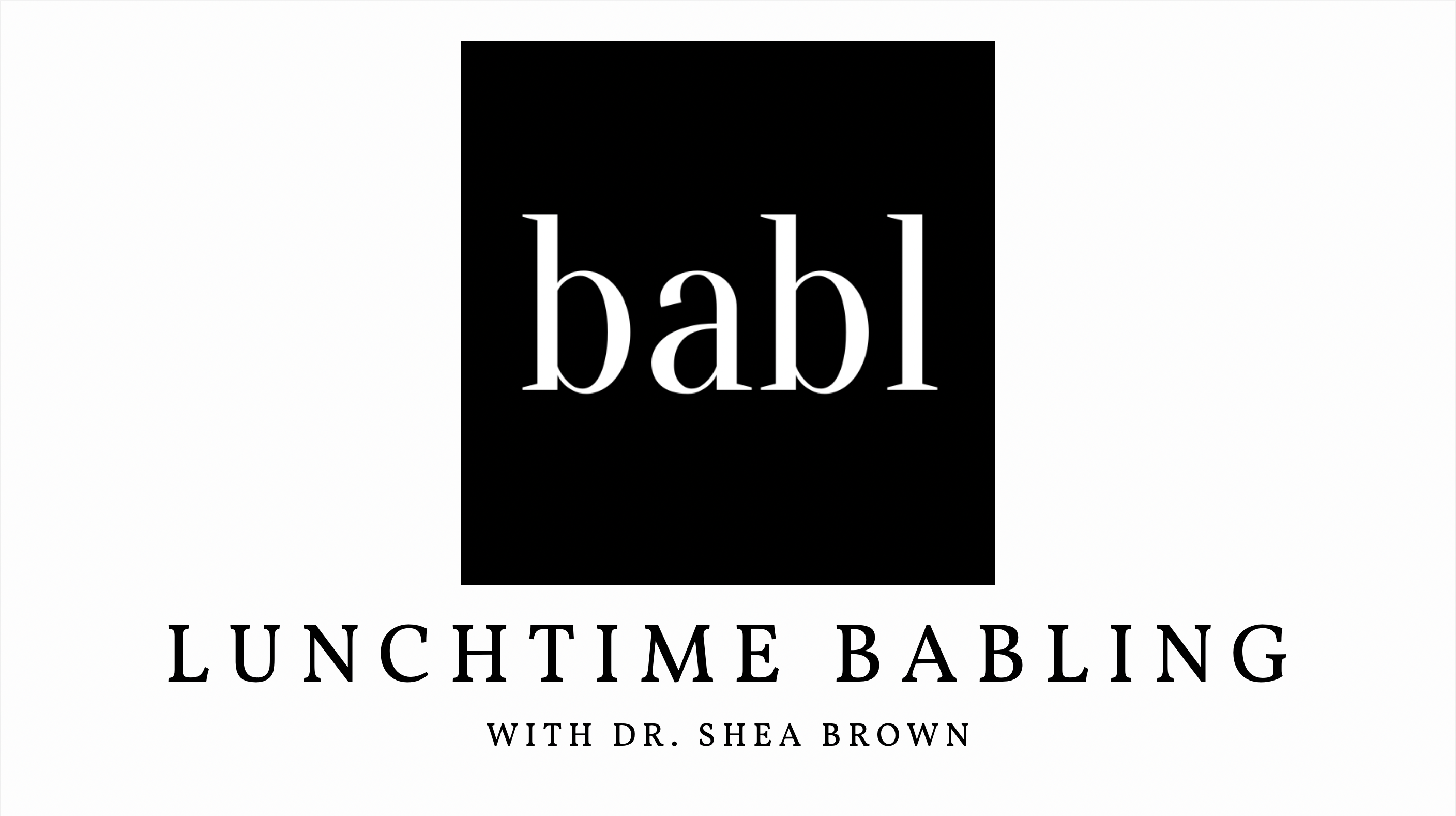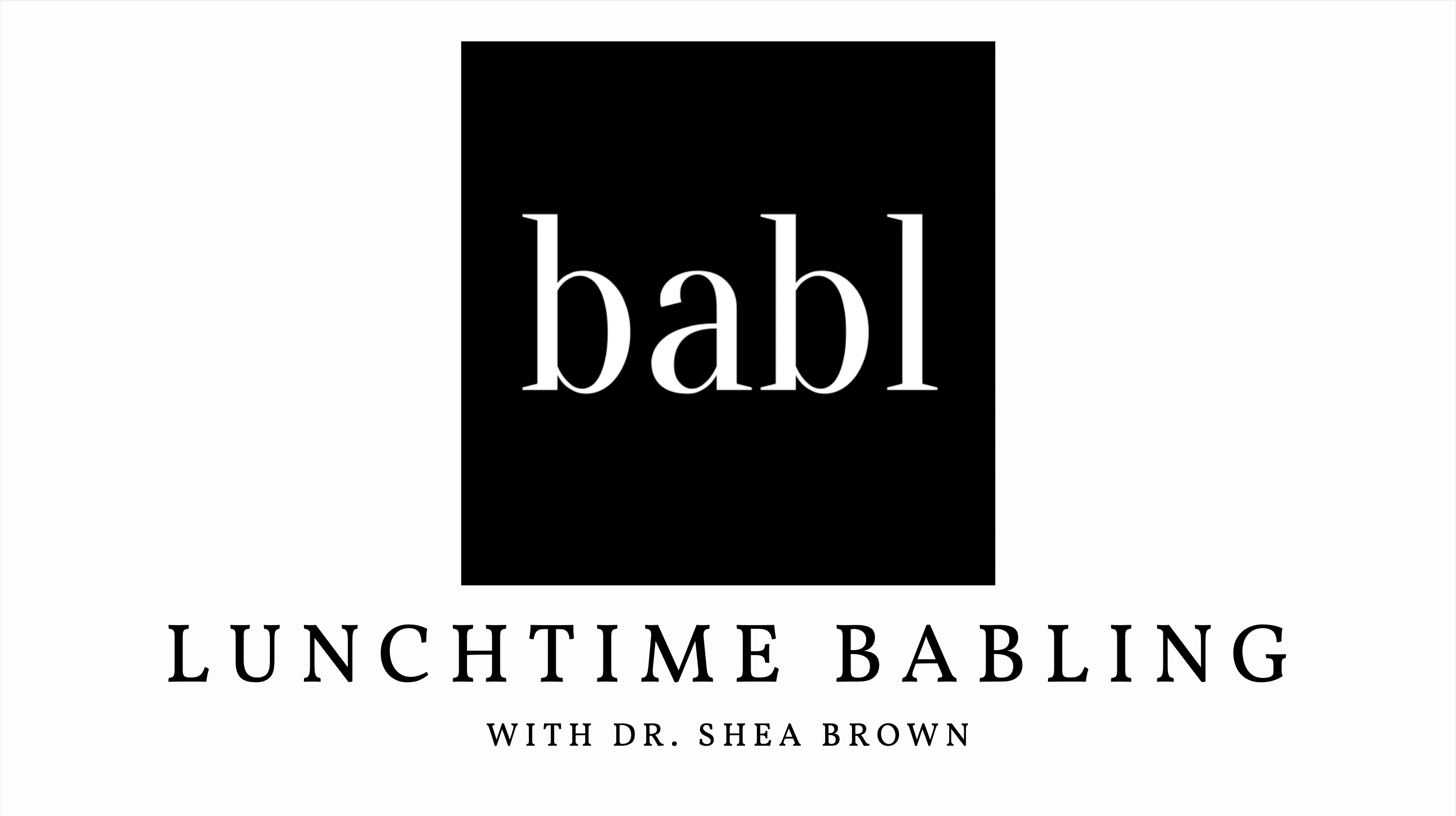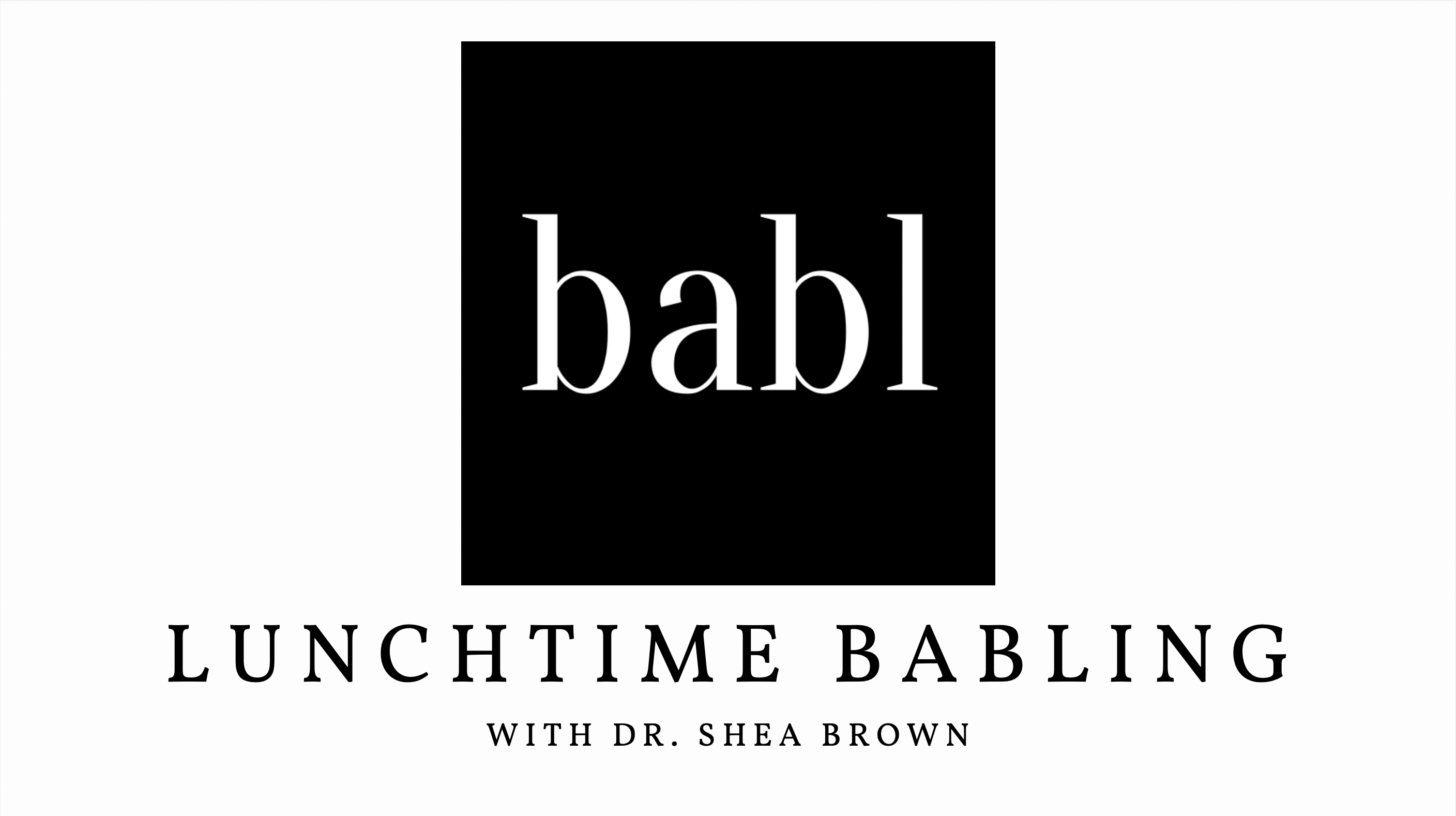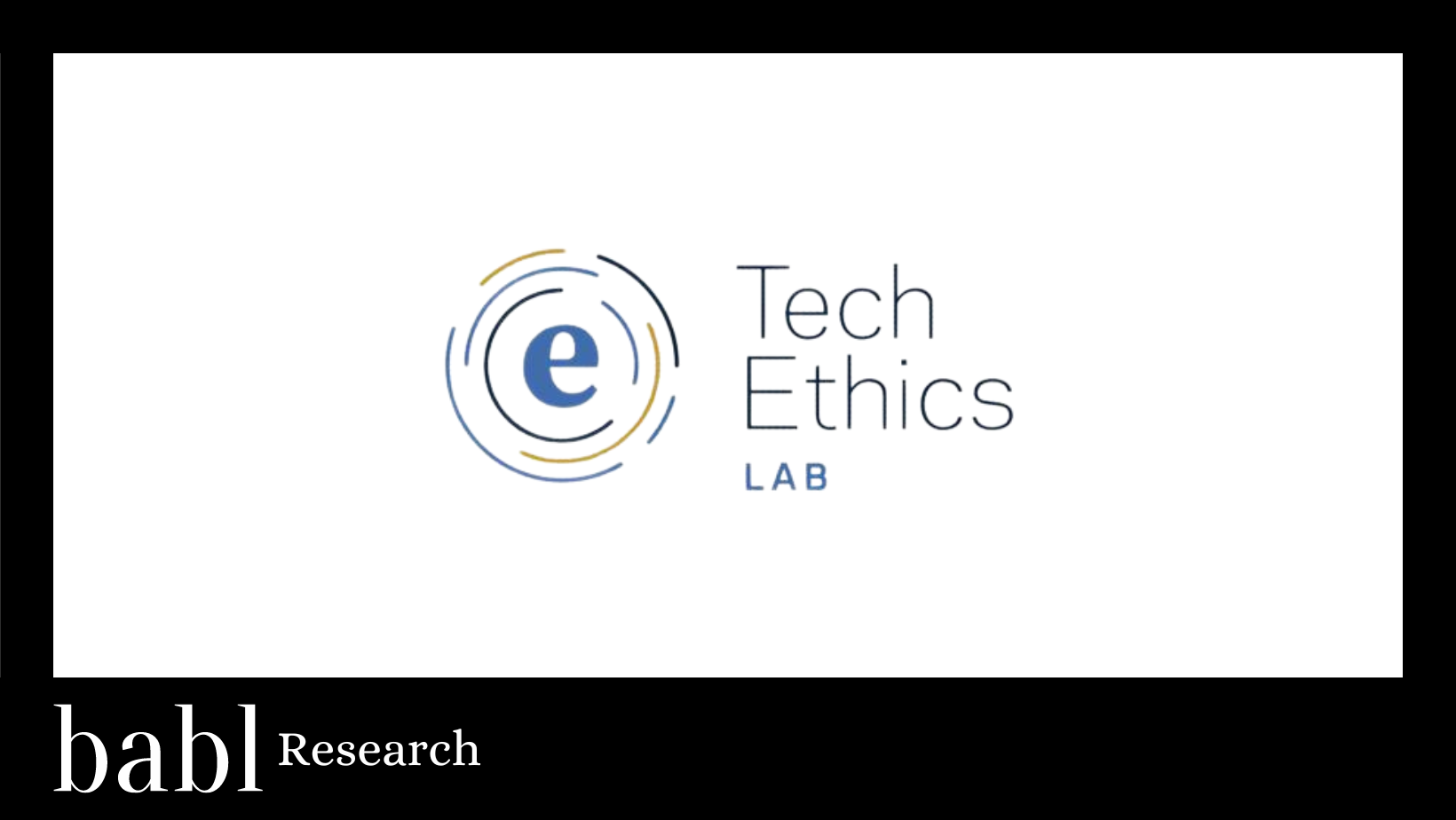
by Jeffery Recker | Mar 30, 2023 | Podcast
020. AI Governance and Report & Audit Training – Lunchtime BABLing This week we discuss our recent report “The Current State of AI Governance”, which is the culmination of a year-long research project looking into the effectiveness of AI...

by Jeffery Recker | Mar 20, 2023 | Podcast
019. Interrogating Large Language Models with Jaihao Chen On this week’s Lunchtime BABLing (#19) we talk with Jiahao Chen; data scientist, researcher, and founder of Responsible Artificial Intelligence LLC. We discuss the evolving debate around large language...

by Jeffery Recker | Mar 15, 2023 | Podcast
018. The 5 Skills you NEED for AI Auditing – Lunchtime BABLing You need way more than “five skills” to be an AI auditor, but there are five areas of study that auditors need basic competency in if they want to do the kinds of audits that BABL AI...

by Jeffery Recker | Mar 13, 2023 | Research
Our interdisciplinary team at the Algorithmic Bias Lab has produced one of the very first comprehensive reports on the current state of organizational AI governance. The report, partly funded by Notre Dame-IBM Technology Ethics Lab, is a result of a yearlong study...

by Jeffery Recker | Mar 9, 2023 | Press
BABL AI CEO Dr. Shea Brown was invited to talk with Mariah Jaworski from Clark Hill and Managing Director Carol Piovesan from INQ Consulting to talk about various laws, legislative proposals and technical guidance into actionable compliance strategies for...






